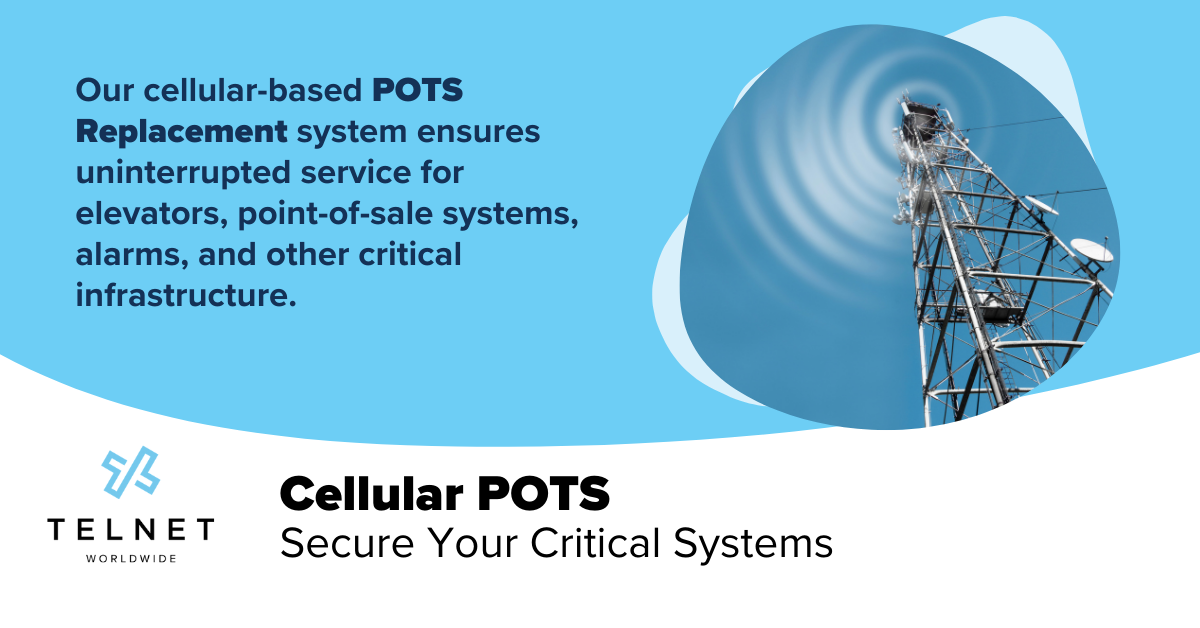Telecom fraud is expensive. In 2020 alone, scam calls in the United States caused a total loss of about 19.7 billion U.S. dollars. According to an online survey conducted by The Harris Poll, the amount of money lost by Americans increased by 9.2 billion dollars from 2019 to 2020 and is the most amount of money lost due to scam calls in the period between 2014 and 2020.
While these numbers can all seem a bit impersonal, it’s likely someone you know has been impacted by telecom fraud. I was told recently about a family friend who was at work when she received a call on her desk phone line.
The caller claimed to be with her electric company and said there was an error with her billing statements. She was behind over $600 dollars and if she didn’t make an immediate payment, her electricity would be shut off. The caller knew her name, address, where she worked and her work phone line. They told her they were a subcontractor with the electric company — a name she Googled and found to be legitimate. They even gave her a contact number to call them back. So, with it being summer and over 90 degrees where she lived, in a panic, she transferred the money.
Later, when she got home from work, she called the electric company only to find out she did not have any outstanding charges. She called her bank and filed a claim, but the bank said there was nothing that could be done on their end.
Scammers are getting smarter. The schemers are well researched, well-spoken and happy to relieve you of your hard-earned dollars. To prevent them from getting away with it, we’ve compiled five tips for avoiding and preventing telecom fraud.
Telecom Fraud Prevention Best Practices
1. Ignore Unknown Calls
Ignore requests from anyone who contacts you uninvited. The first step is simply not answering unknown calls. It may be tempting to answer every call that comes your way, but leaving those callers for your voicemail could save you time and money. Many scammers also have the ability to fake caller ID. Without any way to confirm who the person or organization claims to be, it’s safer to ignore unknown callers rather than engaging with them.

If the caller insists it’s an urgent matter and they need to speak with you regarding your bank account, a family member or utilities, tell them you will call their organization directly. Some of these imposters will often offer a phone number for you to call. Don’t call this number! Use the traditional contact method for the business. It is safer for you to do a quick Google search and look up the number independently than to take the caller’s word for it. If the caller states they are calling on behalf of a company you’re already doing business with, you can locate their contact number through an invoice or billing statement you have received.
2. Know Your Expenditures
Knowing your bills and keeping a pulse on how much you typically spend each month will help you deter telephony scammers. Here is an example: A representative claiming to be with your utility company calls you and states your behind on your payments and your electricity is going to be shut off unless they receive immediate payment. If you have a good sense of your monthly expenditures for the utility, and you know it is not possible you are behind, then you will recognize the caller as a fraud.

This may seem like a no-brainer, but many people do not budget or track how much they should be paying every month. Along with knowledge of your monthly bills, remember it is unusual for legitimate businesses to ask for funds or payment on the spot. Most creditors and utility companies will offer payment plans or allow you time to make a payment. If someone is asking you for money ASAP, they are probably not who they claim to be.
3. Guard Your Personal Info
If you’re a trusting person, this one may be difficult. Never give out any personal information like your bank account, credit card or social security number to someone you don’t know. Ask for a name and call back number and how the caller got ahold of your information. If the caller claims to be from your electric, water, bank or any other organization you already have an account with and they are asking you for personal information, raise the red flag. Businesses will often ask you to verify your identity, but they should already have most of your information on file.
If someone is calling you asking for information and claiming to be a business you already associate with they are most likely not legitimate. These telephony scammers are hunting for information. And once they have it (or know you are susceptible to scams,) you are more likely to be targeted by other scammers. Any bit of information you give to scammers can be a tool they use to relieve you of your savings. And, never (absolutely ever!) transfer or wire an unfamiliar caller or organization money. These transactions are nearly impossible to trace and once the funds leave your account, there is little your bank can do.
4. Join the Registry
Scammers have also found creative ways to capitalize on remote work culture. Another common swindle is scammers posing as an employee’s boss, who will text or email an employee instructing them to purchase gift cards. Once purchased, the employee will send their “boss” the gift card numbers and before the text reads “read” — whoosh! Several hundred dollars gone.

Many telephony fraudsters will also call offering a loan or credit card and ask you to make an advance payment to open the account. It is illegal under federal law to require payment in advance in order to receive a loan or credit card. Lottery tickets are another common telecom scam. It’s illegal to offer lottery tickets over the phone or through the mail. A good way to avoid the constant barrage of telecom scammers is by signing up for the Do Not Call Registry to reduce the plethora of telemarketing sales calls. Once you are on the registry, most of the telemarketers who call are probably out to scam you.
5. Help Stop the Spread
In an ideal world, telephone scammers would be cut off by your service provider before they could reach you. While we’re making progress, we can’t catch everything. But you can help stop these imposters and prevent others from falling victim to telephony scams. The early warning system for the Federal Trade Commission (FTC) are consumers like you. If you have received a call or text from a telephone scammer, report the incident to the FTC by calling its consumer hotline at 877-FTC-HELP or (877) 382-4357.
A Quick Tip for Business Owners: It’s good practice to share information on how to avoid telecom fraud with employees. Some scammers will contact employees at work. Don’t let these telecom scammers exploit your business and steal from your employees.
You Got This
Now you know that ignoring unknown calls is the first step in avoiding telecom fraud. If you do end up speaking with a possible scammer, don’t hesitate to tell them you will call the business directly and refuse to give out any personal information. Knowing your monthly expenditures will help you avoid utility or bank fraudsters and being skeptical of anyone who calls you asking for funds ASAP makes you wise, not rude.
Having the knowledge and confidence to question a potential scammer will save you money, time and stress. Don’t join the countless others who have lost their dollars to telecom fraud!





